After my previous tests found that the DJI wide-angle adapter (for the DJI Osmo Pocket 3 camera) was not compatible with filters, I decided to purchase another couple of wide-angle adapters to see if they were any better. In short, they are different but not really 'better'. But read on for more information on the differences and how they compare.
Video version of this blog post is available here, if you prefer: DJI Pocket 3 Wide angle lens comparison - DJI, StartRC, Generic.
The adapters
All 3 lenses are similar in size, as you would expect, and attach to the Pocket 3 lens via magnets on the rear.
My DJI wide-angle lens came with my Pocket 3 creator kit, so it didn't have any separate retail packaging. I would imagine that if purchased separately from DJI you do get a box and a case for the filter, but this is not shown on their website.
This is the most expensive of these adapters if purchased new, at £39 from DJI's website.
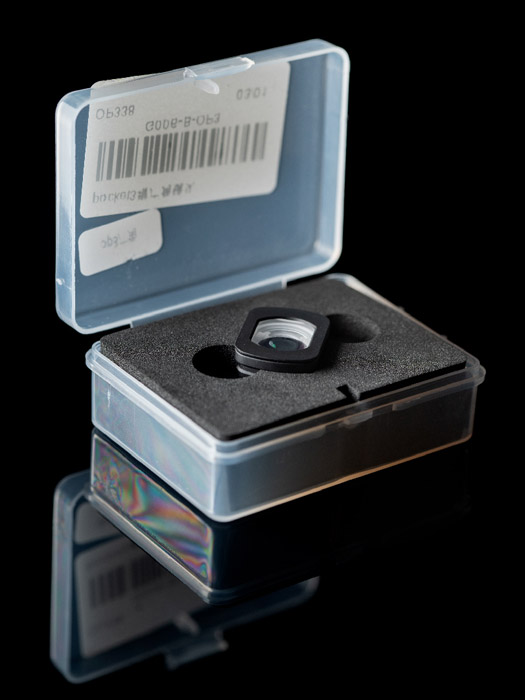
Generic wide-angle lens in its case
The Generic wide-angle lens I purchased from AliExpress, where it was branded as 'BeHorse'. But there is no actual branding on the adapter or case, and you can find a number of stores selling this lens under different names.
Oddly, the inside of the adapter is white, not black. In theory this would make the lens much more susceptible to flaring from light bouncing off the internal surfaces of the lens. However, in practice I didn't actually notice any problem. Still, why would you not make the internals of your lens matte black?
I wasn't expecting this lens to be much good as it was very cheap at around $14.
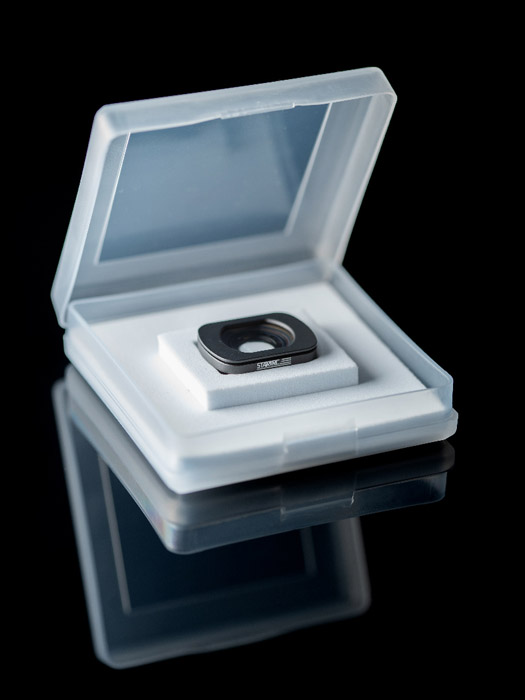
StartRC wide-angle lens in its case
This filter sits between the DJI and the Generic one in terms of cost (and quality as you'll see later). I bought it from AliExpress for about $30.
All 3 adapters are too large for the Pocket 3 to park its head when you turn it off.
Distortion
You can see the DJI wide-angle adapter has a lot of distortion.
The Generic wide-angle adapter is wider than the DJI adapter, but with even worse distortion.
The StartRC wide-angle lens is slightly wider still, and has terrible distortion as well.
If you are happy with a 'GoPro' look, then the distortion may not bother you. But I find it distracting, particularly when rotating the camera where you can see the image warping at the edges of the frame.
Distortion correction
You can correct the distortion with any of the wide angle adapters, however there are some caveats.
- The DJI is very wide, but the Generic and StartRC are even wider. By correcting the barrel distortion you are instead trading it for rectilinear distortion. So things become stretched at the edges of the frame instead of warped.
- The corrected image is wider than it is tall, leaving you with a more widescreen aspect ratio. This is not necessarily a negative point, but if you are mixing footage shot with a wide-angle adapter and other footage shot normally in 16:9 aspect, then they won't match. You'd have to cut off the edges of the image, leaving you with a result that is not as wide-angle as you might have wanted.
- In the same vein as the above point, corrections in some software may automatically crop down / size up the image to keep the same aspect ratio. So you are losing the image on the left and right edges of the frame.
- Processing video with distortion corrections applied can take a lot longer than standard video.

DJI adapter distortion corrected
Image Quality
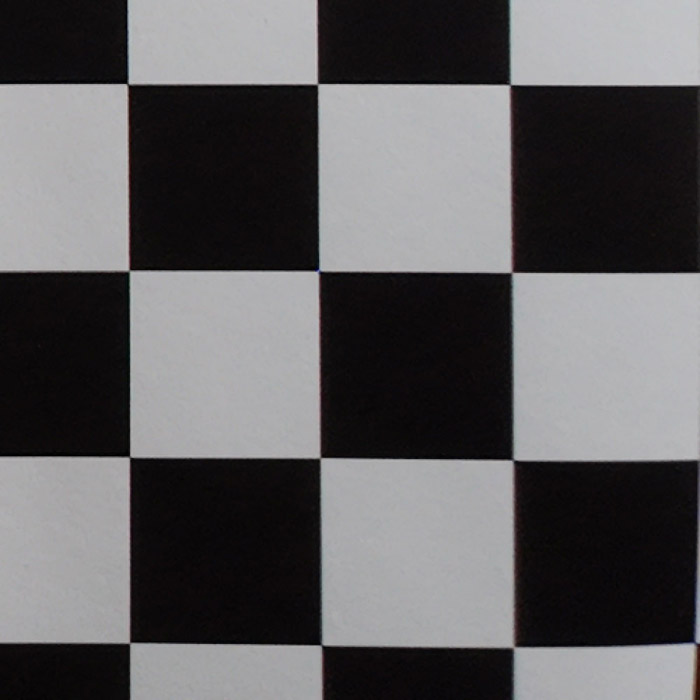
Enlarged crop of bottom right corner, bare Pocket 3
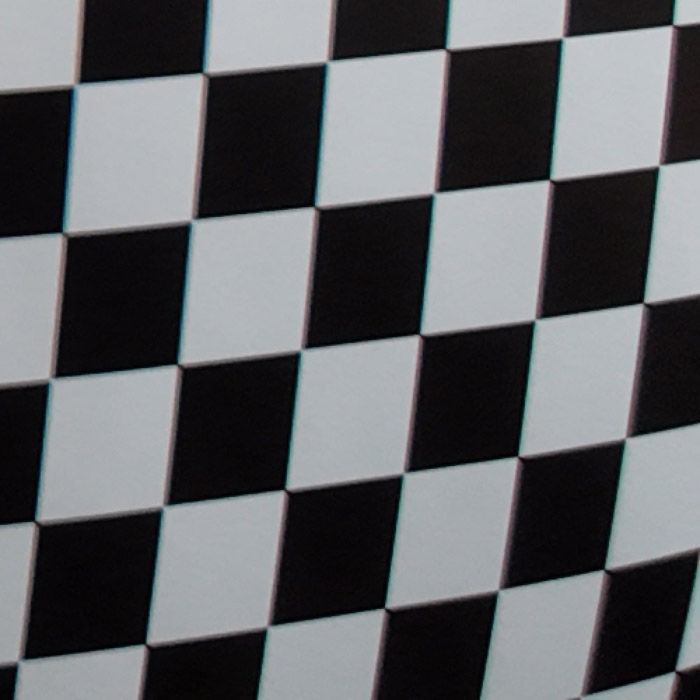
Enlarged crop of bottom right corner, DJI wide-angle lens

Enlarged crop of bottom right corner, Generic wide-angle lens
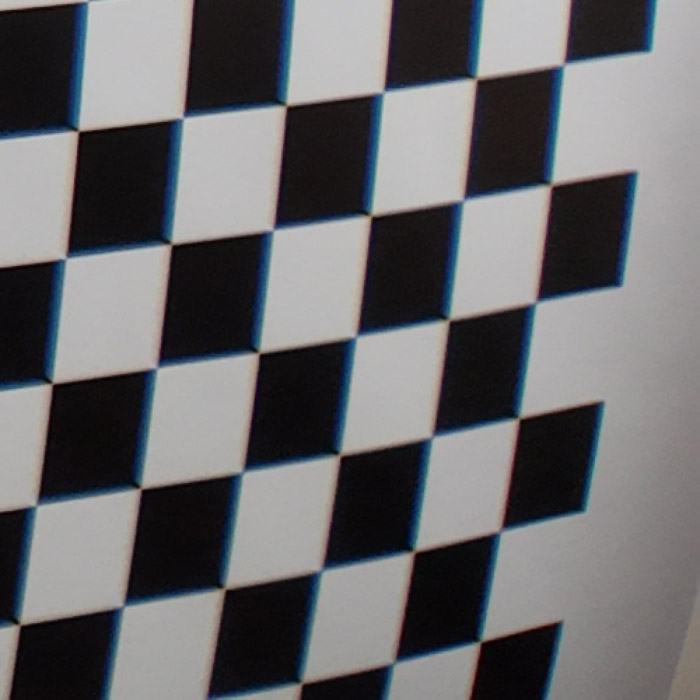
Enlarged crop of bottom right corner, StartRC wide-angle lens

Enlarged crop of top right corner, bare Pocket 3

Enlarged crop of top right corner, DJI wide-angle lens
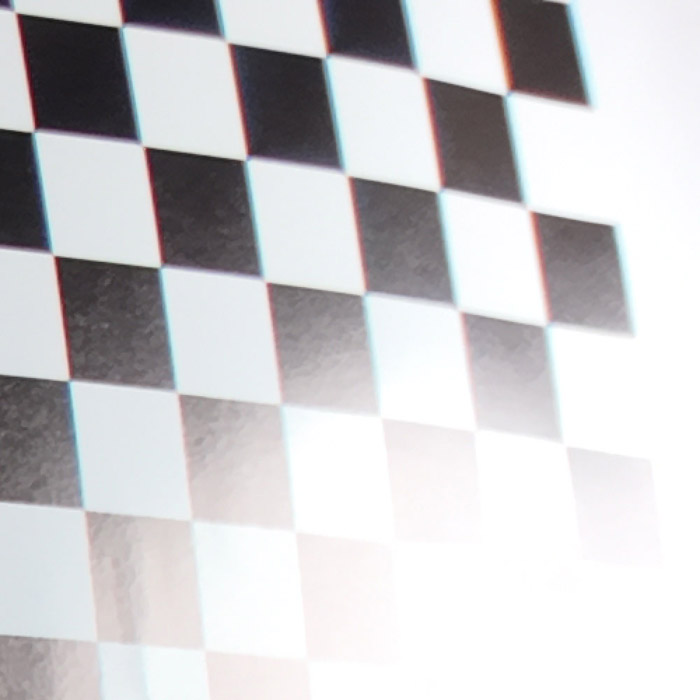
Enlarged crop of top right corner, Generic wide-angle lens
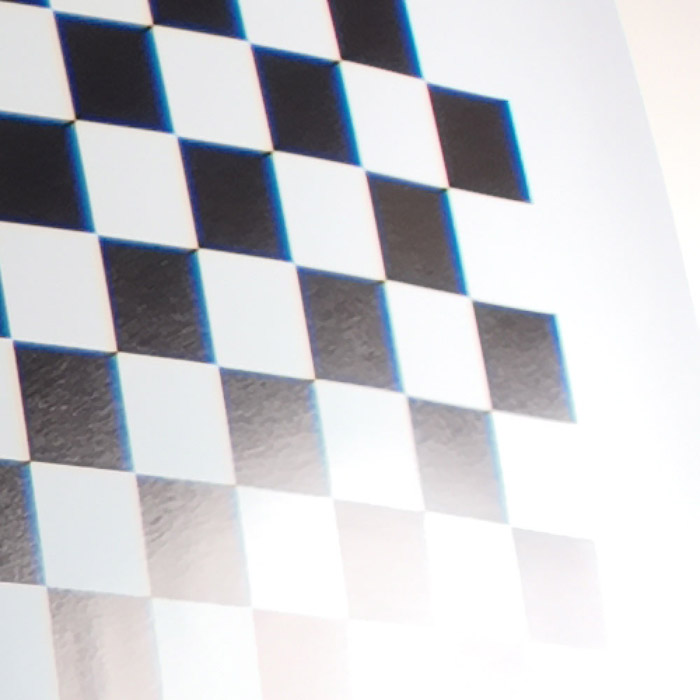
Enlarged crop of top right corner, StartRC wide-angle lens
DJI wide-angle lens has a slight loss in image quality compared to the bare Pocket 3, but isn't too bad.
The Generic adapter is decent enough in the center, but mushy in the corners with bad CA.
The StartRC wide-angle adapter is better than the Generic adapter, but still a bit soft in the corners with visible CA.
Filter compatibility
As discussed previously, the DJI wide angle adapter will not mount on top of a filter properly but will kind of mount at an angle (which then gives vignetting in 2 corners). The StartRC and Generic wide-angle lens will not mount at all to a filter normally as the magnets in the filter and the wide-angle adapter repel each other. But flip the filter over and they will snap to each other very strongly.
Investigating this, I found that the magnets in the DJI wide-angle lens are made so that the top section of the magnet is North and the bottom section South (or vice versa depending on which way you're holding the adapter), like a typical bar style magnet. Whereas the magnets in the StartRC and Generic wide-angle lenses are made so that the side facing the Pocket 3 is North, and the other side of magnet is South*, like a typical disc style or flat magnet.
* I might have got these the wrong way round, but the point is not the exact polarity, just the different magentization direction
Why DJI used magnets with an unusual direction, I don't know. Simlarly, why do both the StartRC and Generic adapters use magnets in the opposite direction to that used in filters designed for the Pocket 3?
Anyway, using flipped filters with the StartRC and Generic lenses does work in as much as you can mount them to the Pocket 3. But you will still get vignetting. Interestingly, my filters with a round section (Polarising / Vari-NDs) seem to give less vignetting than the plain ND filters, which is not what I would have thought.
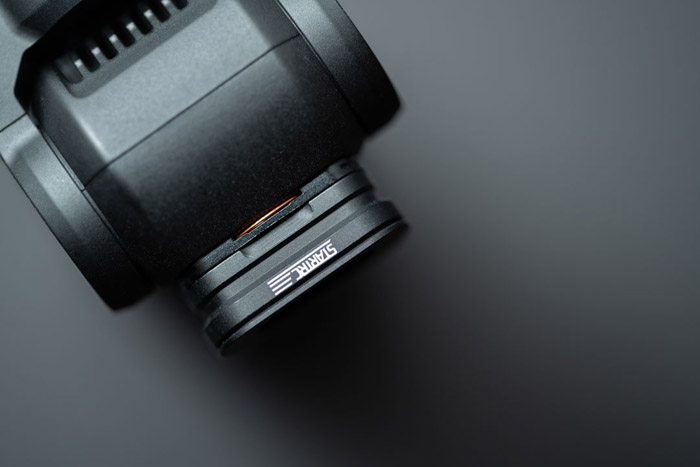
Reversed filter mounted on Pocket 3 with StartRC wide-angle lens adapter

K&F ND8PL filter reversed with StartRC wide-angle lens attached on top

StartRC ND8 filter reversed with StartRC wide-angle lens attached on top
You do need to try and position the lens and filter carefully to each other and then also to the Pocket 3 if you want to try and minimise vignetting. The worst vignetting in the very corners will get cropped away if you apply distortion correction to the resulting image.
Ideally I'd use the DJI wide-angle filter, as if this could be mounted normally on a filter (or with a reversed filter) this would give the least vignetting and the best image quality. I thought maybe I could swap the magnets of the Generic adapter with the DJI.
I initially tried removing the magnets from the Generic adapter by heating them with a soldering iron in an attempt to melt the glue attaching them to the adapter. However, this didn't work. So, assuming they use superglue to attach the magnets I tried some acetone to see if it would dissolve the glue. But that didn't help either. All I ended up with was the ends of the magnets slightly chipped from where I had been trying to lever them up.
I also looked at using a gelatine filter, since these are so thin they can just be sandwiched between the wide-angle adapter and the Pocket 3 lens. But this didn't work out that well. Cutting the filter and positioning it is very fiddly and you can't help but get fingerprints on it. Then trying to clean it scratches it. And in use you get a ton of veiling flare when shooting towards a light source, resulting in a very low contrast, washed out image.
Conclusion
You get what you pay for, and the DJI wide-angle adapter is the best, though still not that great. If the magnets on it allowed it to be stacked with filters it would be much more useful. Distortion is bad, but can be corrected.
The StartRC wide-angle adapter may be useable with reversed filters when distortion corrected, but you would need to be very careful when positioning the adapter on the filter and the filter on the lens.
So there is no good solution for (what I would term) ultra wide-angle on the Pocket 3. But a couple of different options, neither of which are ideal. I wouldn't really consider the Generic adapter as the corners are too mushy in my opinion.

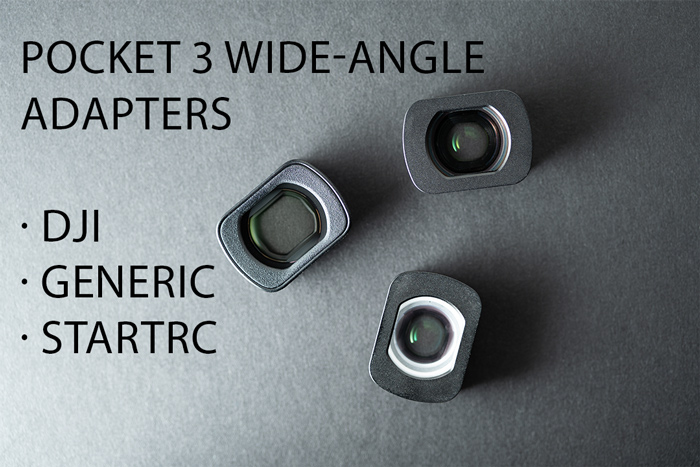
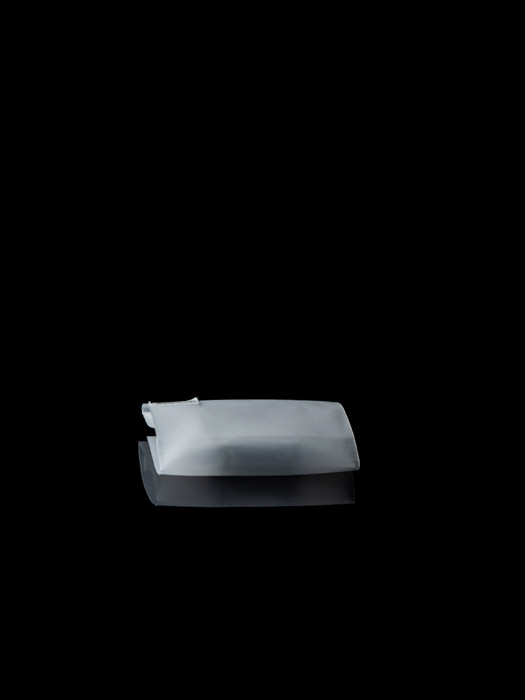

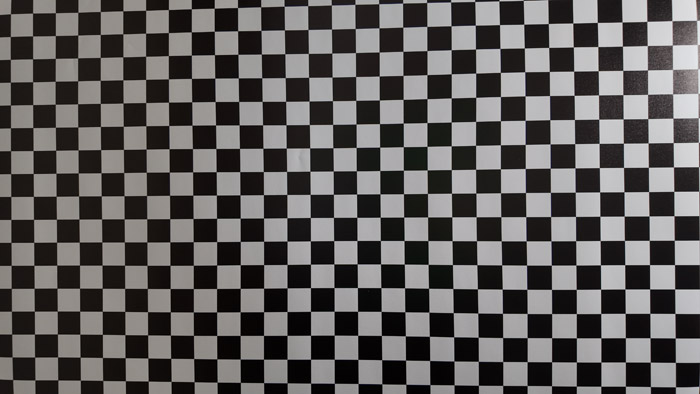
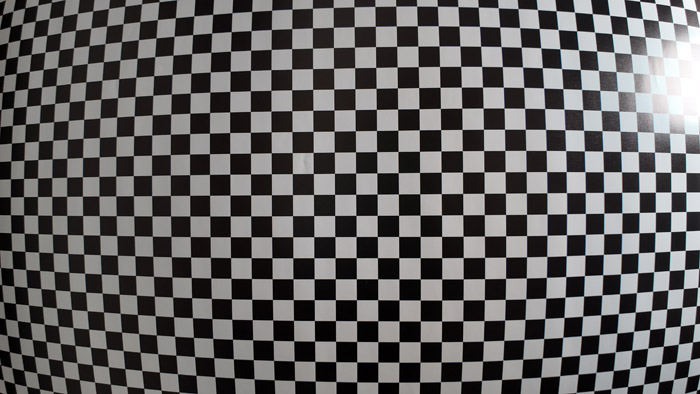
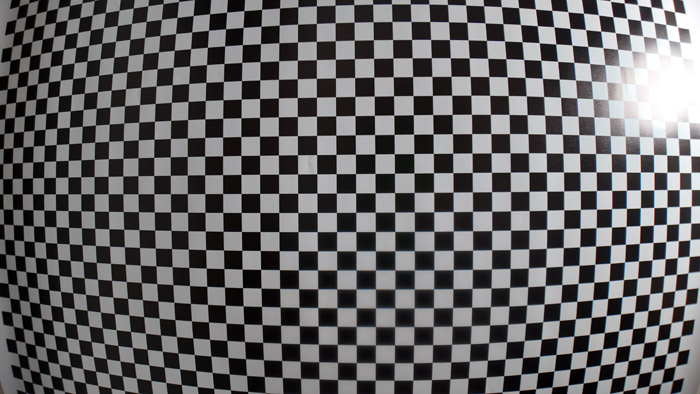
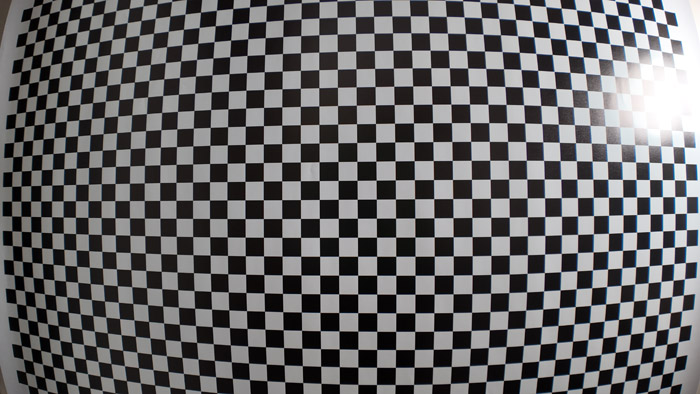
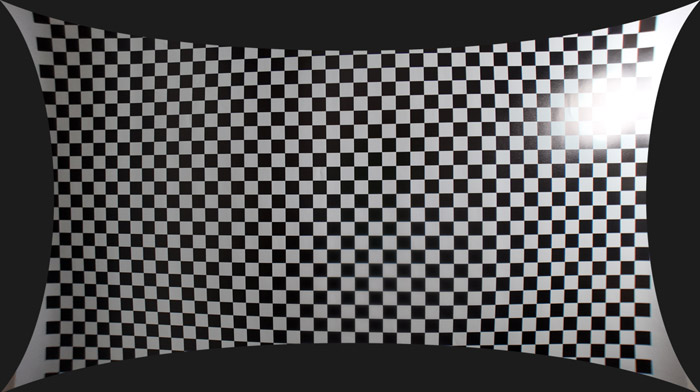
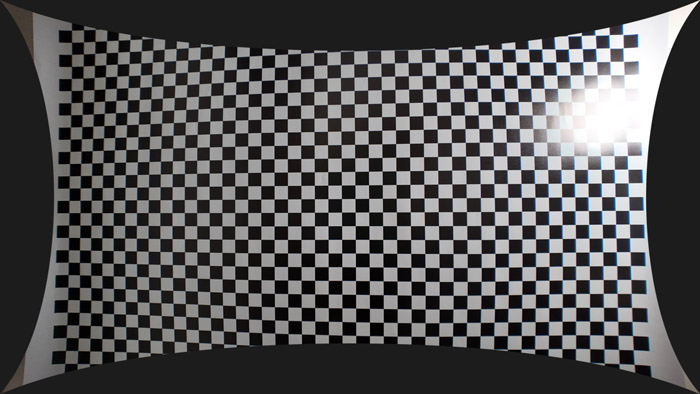
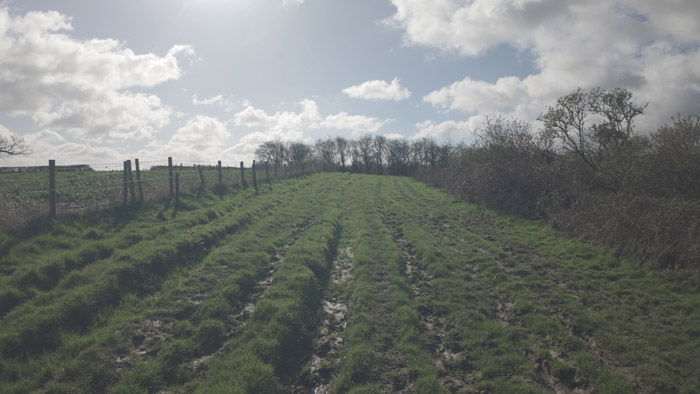
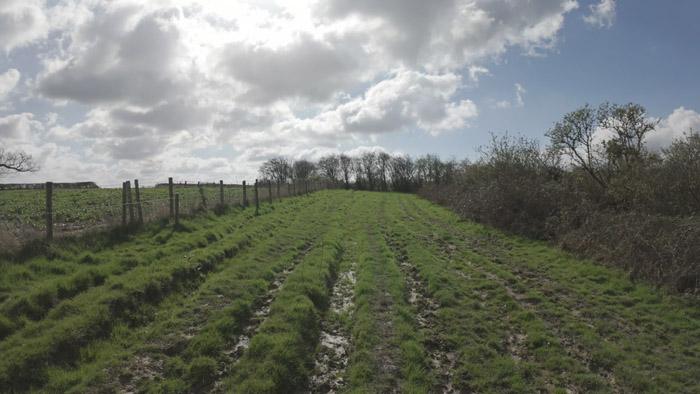
Leave a Reply